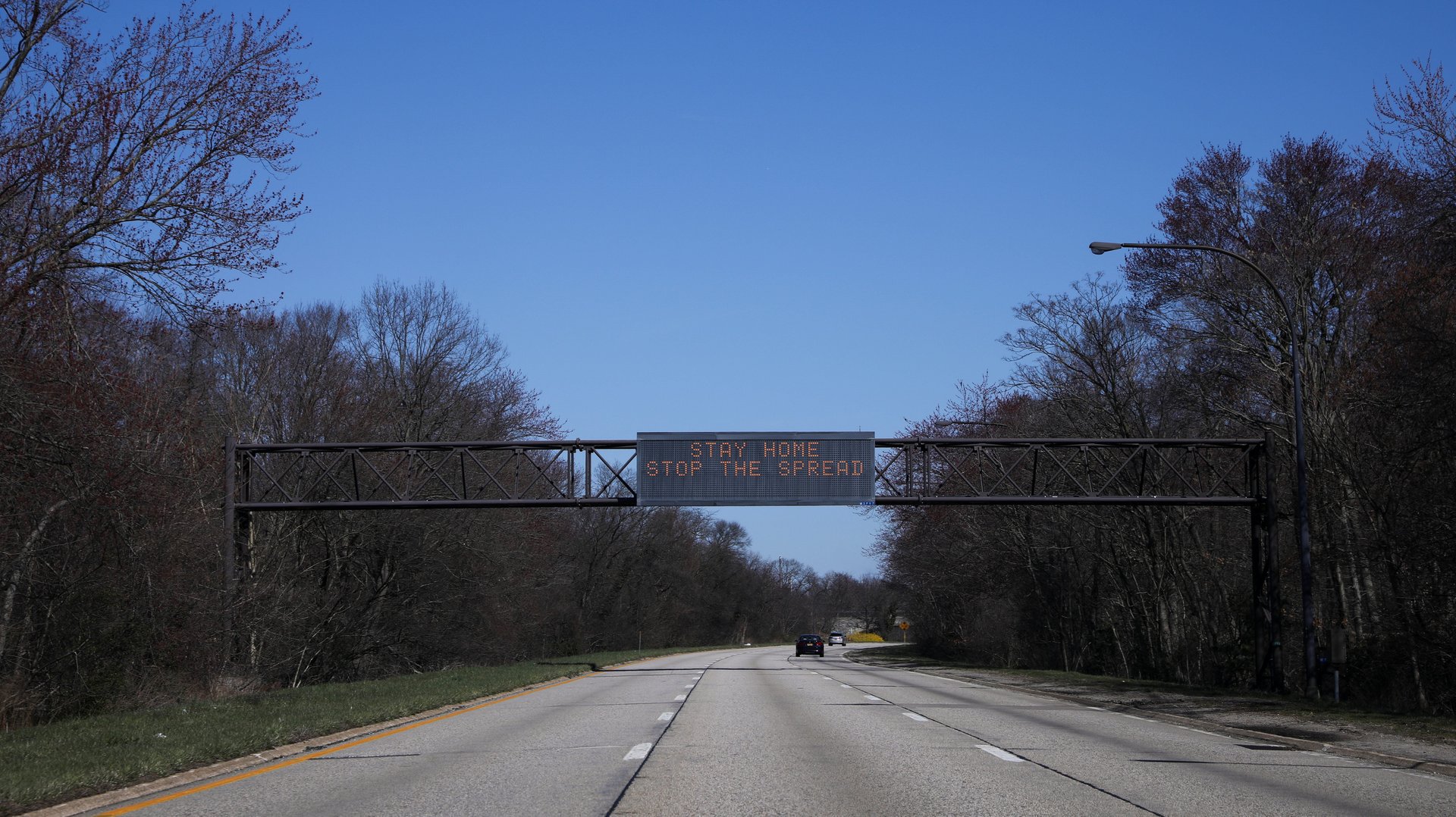Auto insurers are collecting billions in extra profit as Americans shelter in place
US auto insurance companies are making billions more in profit each month as Americans stay off the roads during the coronavirus outbreak.


US auto insurance companies are making billions more in profit each month as Americans stay off the roads during the coronavirus outbreak.
As the virus continues to spread throughout the US, far beyond the hotspots of New York, California, and Washington, most of the country has suspended travel plans and is largely staying indoors. Many people are working from home and not commuting. Others have lost their jobs altogether.
All this means that Americans are driving fewer miles. Fewer cars on the road means fewer accidents. Fewer accidents means fewer claims. In China, where the coronavirus pandemic is further along than it is in the US, auto insurers have already reported a steep decline in payouts.
According to a letter sent to state insurance commissioners earlier this month by the Consumer Federation of America (CFA) and the Center for Economic Justice (CEJ), two nonprofits that advocate on behalf of consumers, the reduced traffic translates into an estimated $50 more per month, per auto policy, for insurance companies.
It may not sound like much until you consider the fact that there are 268 million cars in the US. And although not every car on the road is insured, it still adds up to about $2 billion a month in “excessive profits,” Douglas Heller, an insurance expert at the Consumer Federation, told Quartz.
The CFA and CEJ believe the extra money should be returned to policyholders.
“This premium relief will ensure that rates are not excessive,” the organizations said in the letter. “Failure of insurers to offset premiums will provide insurers with a windfall—premiums based on claim costs associated with a substantially overestimated amount of miles driven.”
Heller said he has not yet seen a public response from any major insurers, nor is CEJ executive director Birny Birnbaum, who co-authored the letter, aware of any large companies offering rebates. Some, however, have offered extended grace periods for non-payment of premiums, Birnbaum said.
J. Robert Hunter, the CFA’s director of insurance and Birnbaum’s co-author, noted one bright spot. He said Alaska’s director of insurance issued (non-binding) guidance encouraging insurers to provide relief based on reduced mileage. On the other hand, Hunter, the former commissioner of insurance for the State of Texas, said New York has been “non-responsive given the huge drop in driving there.”
If some of the big insurers agreed to give refunds to consumers, others might follow, Hunter explained.
“They really look bad if they don’t do something here,” he told Quartz. “Windfall profits on the backs of [the] newly unemployed.”
Asked for comment, the National Association of Insurance Commissioners, which represents state insurance directors, said it “does not have an opinion” on the issue.
Favorable results from the auto insurance industry could be seen as early as April, when companies report earnings for the second quarter, said David Ratcliff, a researcher at the nonprofit American Association for Justice, which represents trial lawyers.
“These companies are making a fortune now because nobody’s on the road anymore,” Ratcliff told Quartz. “This is just an example of the industry never letting a crisis go to waste.”